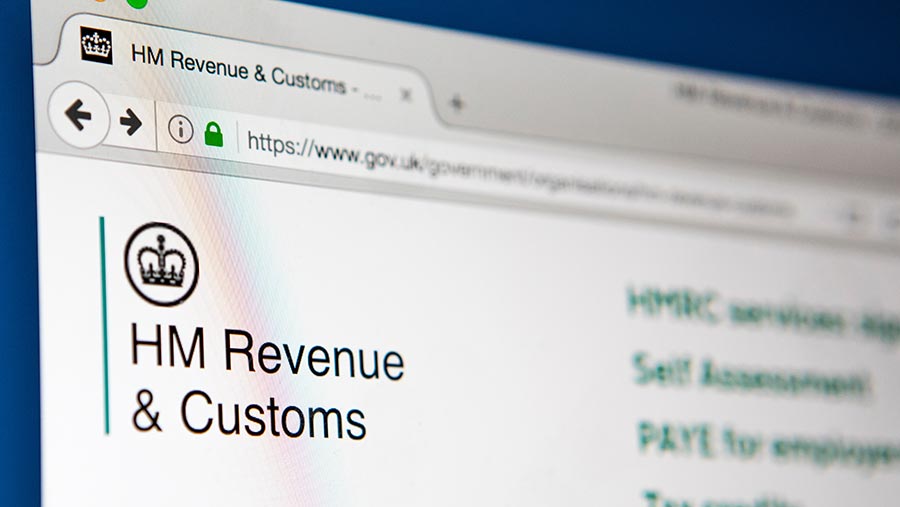Plan cash flow now for bigger January tax bills
 © chrisdorney/Adobe Stock
© chrisdorney/Adobe Stock Better 2021-22 profits for many mean cash flow must be planned in anticipation of higher tax bills in January, accountants warn.
High input costs have already put pressure on cash flow, despite improvements in arable commodity and milk prices.
Philip Kirkpatrick, manager at rural accountant Old Mill, advises an early approach to getting accounts competed, so that preparations can be made for the cash demand of tax bills.
See also: More tax advice on fwi.co.uk
“A lot of farmers had a fairly profitable year in 2021-22,” he says. “Milk, livestock and cereals prices were pretty solid and, for many, fixed feed and electricity prices have meant that cost increases won’t hit until the next financial year.”
Options to mitigate tax bills include:
- Bringing forward expenditure, for those who have not yet reached their accounting year-end, but only if those purchases were planned anyway. Mr Kirkpatrick points out that any machinery bought on finance must be delivered and put into use within the correct year to secure the relief.
- Sole traders and partners can make use of farmers’ averaging, whereby profits can be averaged retrospectively over two or five years, to even out fluctuating incomes.
- Any losses made in 2022-23 can be carried back to reclaim tax paid in 2021-22. There is no limit on how much you can reclaim, but this cannot be done until the end of the financial year, so the tax must still be paid before reclaiming it. “It doesn’t get round the cash flow issue, so get your books done quickly to minimise the time between paying and reclaiming,” advises Mr Kirkpatrick.
- Consider pension contributions, which are a tax-efficient option, or investing in Enterprise Investment Schemes or Venture Capital Trusts, which also attract tax relief.
- Payments on account (individuals only, not companies) can be reduced if a poor year ahead is expected. “For 2022-23 these will be set on the high profits in 2021-22, with half due in January 2023 and half in July 2023,” says Mr Kirkpatrick.
- “If you’re expecting profits to be lower, you can reduce payments on account.” However, it is important to forecast accurately; if payments are reduced below the actual income level then HMRC will charge interest on the difference. However, with HMRC charging interest at 3.75%, it could work out as a good alternative to an overdraft facility.
- Be aware of tax changes in the pipeline – individuals and partners who don’t currently have a March year-end will have to align their year-end with the tax year between now and April 2024, so they could potentially be taxed on more than 12 months’ income in one go.
See more
